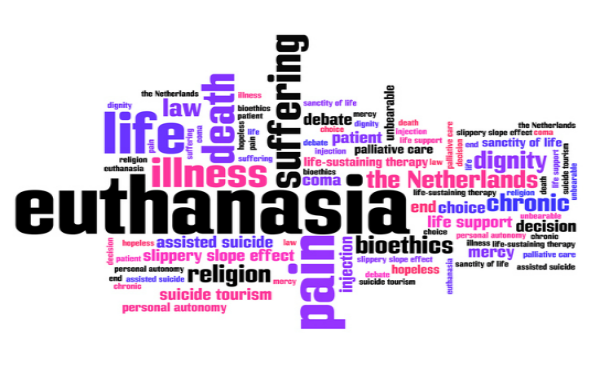 Each year, the Einstein-Cardozo Bioethics Education Programs hold the Trachtenberg Essay Contest, in which we invite undergraduates from around the nation to submit brief essays on selected topics in bioethics. It’s a unique and important opportunity for us to find out what those interested in the field are thinking about and to highlight the best of their contributions.
Each year, the Einstein-Cardozo Bioethics Education Programs hold the Trachtenberg Essay Contest, in which we invite undergraduates from around the nation to submit brief essays on selected topics in bioethics. It’s a unique and important opportunity for us to find out what those interested in the field are thinking about and to highlight the best of their contributions.
For the contest’s 27th edition, we asked students to address one of the following questions:
- Should regulations be changed to give priority to patients who need organs for transplantation if they have previously agreed to donate, or a family member has donated in the past?
- Should physician-assisted suicide be legalized across the United States?
- In states where medical care for undocumented patients is limited, is it ethically acceptable for clinicians to transfer such patients to states with better coverage?
We received many strong essays and worked hard to choose our three winners. Overall, we were impressed with the thoughtfulness and care that the students brought to their responses. Let me tell you about these entries.
First-place winner Nick Samel is a Dartmouth student who addressed the question of allocating organs for transplant, incorporating the work of philosopher Michael Sandel into his argument. Samel rejects enhanced access for those whose relatives agree to donate, noting that “the intersection of market and moral values is a dangerous line.”
Yale student Lauren Singer tied for first place, tackling the issue of physician aid in dying. Singer supports legalization, but hopes for greater protections for vulnerable patients, including those with marginal decision-making capacity. She concludes, “With the right regulations, [aid in dying] would extend each individual’s opportunity to define his or her own life without placing undue pressure on groups that are already marginalized.”
Michelle Hoch, an undergraduate at Yeshiva University’s Stern College for Women, took third place for her analysis of legalizing aid in dying. Drawing upon her experience as a certified nursing assistant, Hoch noted the challenge of treating pain, but ultimately concluded that aid in dying is not an ethically justifiable response.
We celebrate these three students—and all those who submitted contest entries. Their essays are proof that the next generation is engaged in serious thought about the pressing ethics issues of today. We’re excited to see these students starting to become the reflective professionals of tomorrow, who will help make life better for patients, physicians, and healthcare systems.

